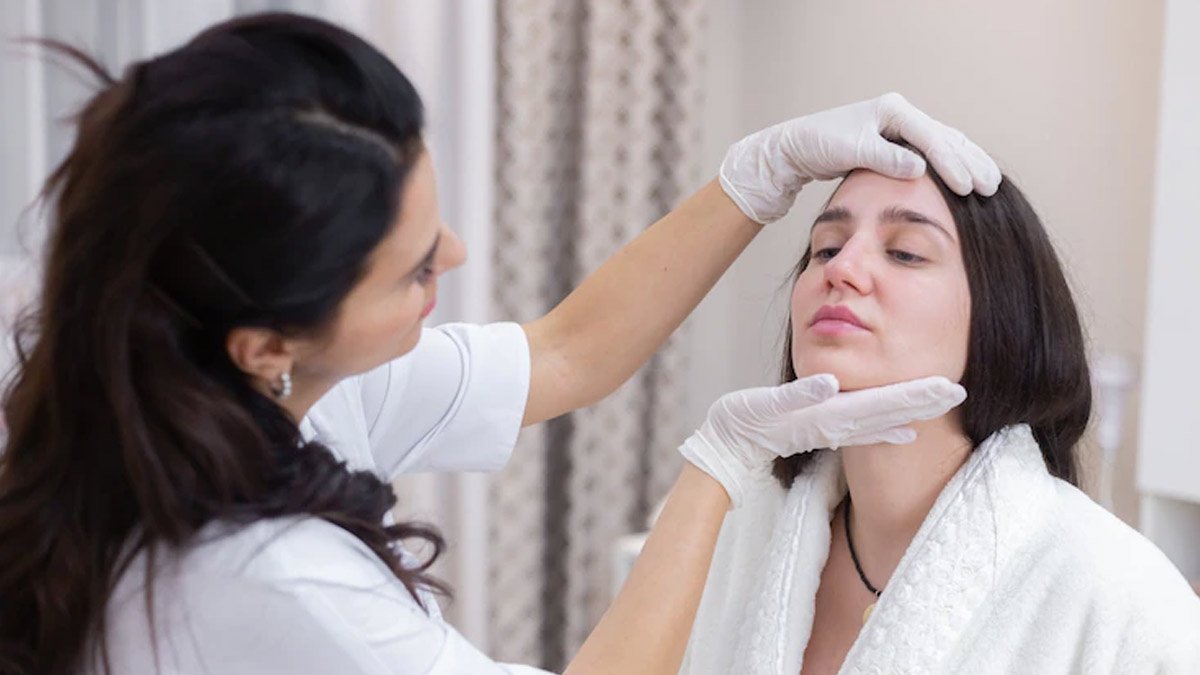What Triggers Psoriasis and How to Manage Symptoms Effectively?
Psoriasis is a chronic autoimmune condition that affects millions of individuals worldwide. Beauticians, having a pertinent role in skin health and beauty, should be well-versed in understanding what triggers psoriasis to provide informed advice and appropriate care to impacted clients. This article delves into the various triggers and the management of psoriasis, ensuring that beauticians are armed with the knowledge to guide their clients through effective treatment options.

Understanding Psoriasis
Before exploring the triggers, let us define psoriasis. It is characterized by the rapid growth of skin cells leading to scaling on the skin's surface. This condition often results in red patches, flaking, and discomfort. It is essential for beauticians to recognize the symptoms, as they will frequently encounter clients suffering from this skin condition.
What Triggers Psoriasis: Key Factors
Understanding the underlying factors that lead to flare-ups is crucial for managing the condition effectively. Below are some of the most common triggers of psoriasis:
1. Stress
One of the most significant exacerbating factors for psoriasis is stress. High-stress levels can lead to the onset of flare-ups, making it vital for beauticians to encourage relaxation techniques for clients. Stress management can include yoga, meditation, or any activity that promotes a peaceful mindset.
2. Skin Injuries
Any form of skin injury can trigger psoriasis. This includes cuts, scrapes, or even sunburn. As beauty professionals, emphasizing the importance of skin protection through sunscreen and appropriate skincare products can help safeguard clients against potential flare-ups.
3. Infections
Infections such as strep throat can trigger psoriasis. Hence, clients should be advised to maintain their health, as infections can complicate the condition. Additionally, proper hygiene practices must be implemented.
4. Weather Conditions
Extreme weather can also play a role in triggering psoriasis. Cold, dry weather often worsens the condition, while sunlight can have beneficial effects. Beauticians should recommend suitable skincare based on the seasons and educate clients on optimal care practices to mitigate effects from different weather conditions.
Managing Psoriasis Symptoms
Once the triggers are acknowledged, managing psoriasis becomes essential. Here are ways beauticians can help clients manage their symptoms effectively:
1. Moisturization
Regular and thorough moisturization is vital. It helps to keep the skin hydrated and reduce the severity of psoriasis patches. Recommend high-quality moisturizers that are suitable for sensitive skin.
2. Exfoliation
Gentle exfoliation can be beneficial to remove dead skin cells without irritating the skin. However, it should be done with care. For more detailed information, check out how often to exfoliate body properly.
3. Topical Treatments
The use of topical creams and ointments should be discussed with clients. Recommend products specifically formulated to treat psoriasis. More on treatment options can be found in articles discussing the best creams for psoriasis.
4. Professional Treatments
In some severe cases, dermatological treatments like phototherapy or systemic medications might be necessary. Regular referrals to dermatologists are advisable.
Stay Informed and Educated
For beauticians, continuous education on skin conditions like psoriasis is essential. Resources like Mayo Clinic and Cleveland Clinic provide valuable insights to stay updated.

FAQs About Psoriasis
1. Can diet affect psoriasis symptoms?
Yes, certain foods can either trigger or alleviate symptoms. Clients may benefit from an anti-inflammatory diet.
2. Is psoriasis contagious?
No, psoriasis is not contagious. It is an autoimmune disease.
3. Can psoriasis be cured?
Currently, there is no cure, but symptoms can be managed effectively through lifestyle and treatment approaches.
Understanding what triggers psoriasis can empower beauticians to help clients manage their condition better. By applying this knowledge, professionals can make a significant difference in their clients' overall skin health and well-being.

